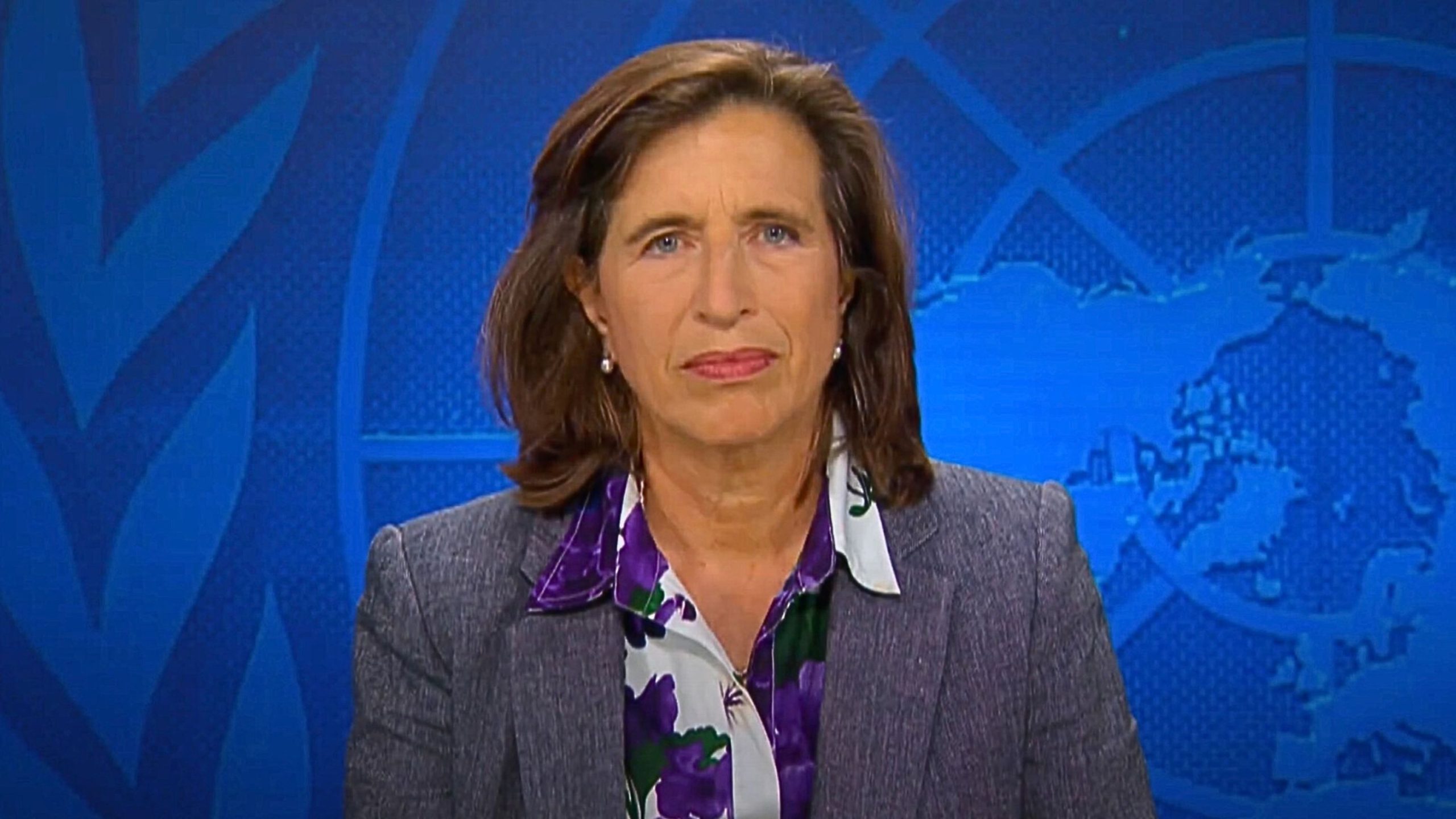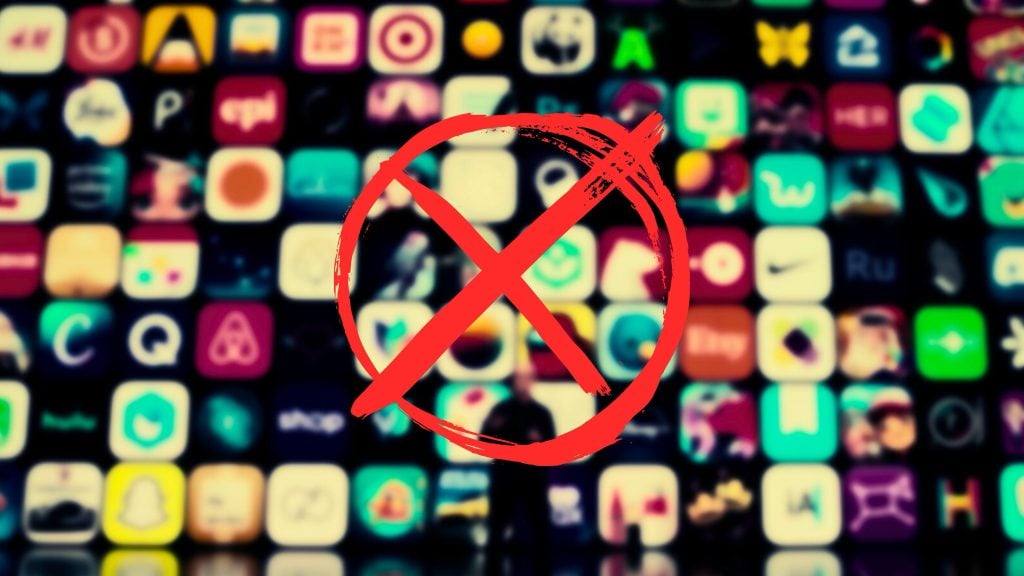United Nations (UN) Under-Secretary-General for Global Communications Melissa Fleming’s focus is “disinformation” and “toxic information systems” – and she presents those as standing in the way of the UN’s sustainable development goals (SDGs).
SDGs are the UN’s plan that opponents say is “toxic” in itself since it seeks to promote such controversial things as censorship and digital ID and, to make matters worse, that’s supported by major countries.
Now, Fleming seems to be keen to add to the avalanche of pressure on Big Tech – even though the term she no doubt carefully uses instead is “domination of public discourse” in places where this alleged disinformation is most present.
Coincidentally or not this is coming right before a US presidential election, but Fleming is framing her parroting of the “disinformation” narrative in terms of the social platforms, as purely an “SDGs and UN” issue.
She is even trying to link this with the UN’s purpose, which is (rather, should be) peacekeeping and humanitarian missions, but from which the world organization has been disconnecting for a while.
Responding to a question lumping disinformation, climate change, and conflict resolution into one, Fleming asserted that there is no proof beyond anecdotal (she doesn’t quite explain this assertion) that disinformation and “toxic information systems” are damaging humanitarian and peacekeeping efforts, not to mention SDGs.
Fleming’s official UN bio says one of her roles is “far-reaching efforts to address mis- and disinformation, and hate speech,” while supposedly simultaneously promoting “free and independent media.”
However, she started her career with an outlet that’s anything but free and independent: Fleming used to work for “Radio Free Europe,” funded by the US authorities (originally through the CIA).
Now, no doubt thanks to Fleming, the UN has something called DG Media Zone and it is there and during this year’s UN General Assembly that Fleming sounded her alarm bells, going as far as to say that “every single one” of UN’s proprieties is these days under threat due to disinformation.
(“Climate change” is now proudly listed among those priorities, in case you missed that.)
Fleming’s solution: collusion. This time (and publicly) “merely” with “civil society and people” who need to “work on our information ecosystems together.”
A word of warning about “civil society,” though: it’s often a moniker behind which group implementing censorship through “fact-checking” etc, like to hide.










